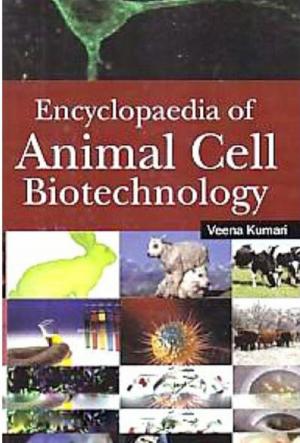Handbook of Poultry Farming and Feed Formulation
Nonfiction, Science & Nature, Nature, Animals, Animals Rights| Author: | Ramesh Nandan | ISBN: | 9789387798595 |
| Publisher: | Anmol Publications PVT. LTD. | Publication: | June 30, 2015 |
| Imprint: | Anmol Publications PVT. LTD. | Language: | English |
| Author: | Ramesh Nandan |
| ISBN: | 9789387798595 |
| Publisher: | Anmol Publications PVT. LTD. |
| Publication: | June 30, 2015 |
| Imprint: | Anmol Publications PVT. LTD. |
| Language: | English |
Modern broiler industry focuses on lowering production costs and increasing body weight with added value by producing customer oriented ready products. Feed formulation is both a science and an art, requiring knowledge of feed and poultry, and some patience and innovation when using formulae. Typical formulations indicate the amounts of each ingredient that should be included in the diet, and then provide the concentration of nutrients (composition) in the diet. The nutrient composition of the diet will indicate the adequacy of the diet for the particular class of poultry for which it is prepared. It is common to show the energy value in metabolisable energy (kcal or MJ ME/kg feed) and protein content of the diet but comprehensive information on concentrations of mineral elements and digestible amino acids are also provided. Digestible amino acids often include not just the first limiting amino acid, methionine, but also most of the ten essential amino acids. A number of databases are available to provide information on the digestible amino acid contents of various poultry feed ingredients. Even though more than twenty amino acids have been identified, only ten are considered essential in poultry feed. There are different categories of feed mixes produced for dairy and poultry. For dairy, they are calf, heifer, bull and milking cow feeds, while for poultry they are starter, grower, layer and broiler feeds.
Modern broiler industry focuses on lowering production costs and increasing body weight with added value by producing customer oriented ready products. Feed formulation is both a science and an art, requiring knowledge of feed and poultry, and some patience and innovation when using formulae. Typical formulations indicate the amounts of each ingredient that should be included in the diet, and then provide the concentration of nutrients (composition) in the diet. The nutrient composition of the diet will indicate the adequacy of the diet for the particular class of poultry for which it is prepared. It is common to show the energy value in metabolisable energy (kcal or MJ ME/kg feed) and protein content of the diet but comprehensive information on concentrations of mineral elements and digestible amino acids are also provided. Digestible amino acids often include not just the first limiting amino acid, methionine, but also most of the ten essential amino acids. A number of databases are available to provide information on the digestible amino acid contents of various poultry feed ingredients. Even though more than twenty amino acids have been identified, only ten are considered essential in poultry feed. There are different categories of feed mixes produced for dairy and poultry. For dairy, they are calf, heifer, bull and milking cow feeds, while for poultry they are starter, grower, layer and broiler feeds.















